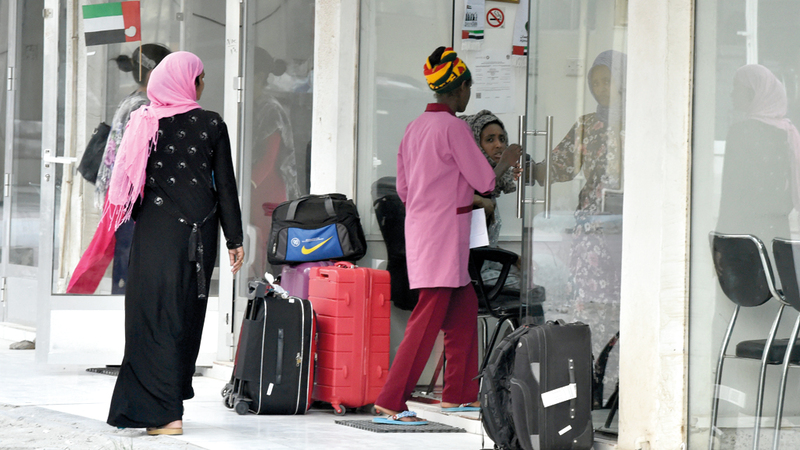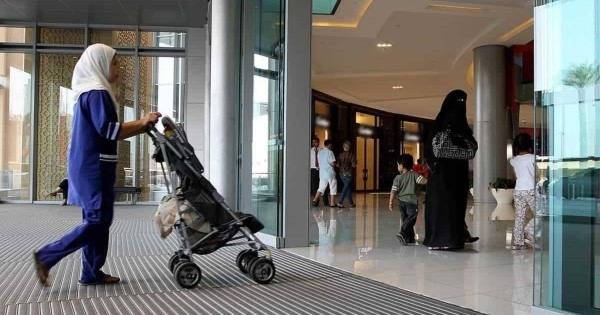The Kuwaiti government ran an amnesty scheme for “illegal immigrants” from 17 March 2024 to 30 June 2024, which was extended from the initial deadline of 17 June. This grace period was intended to give those illegally in the country the time to either pay the penalties and regularize their status or leave the country[…]
The recent forced labor complaint against the Saudi Arabian government by the Building and Wood Workers’ International Union (BWI) underscores significant concerns about the treatment of migrant workers under the country’s Vision 2030 plan. This action by the BWI, representing 12 million members, serves as a stark warning to Saudi authorities, businesses, and investors about[…]
Summary The United Arab Emirates is the country with the highest proportion of international migrants in the world. Labour migration in the kingdom is governed by a restrictive and abusive system, named kafala, that causes numerous and well-documented abuses. This briefing paper contextualizes the kafala system in the Gulf Cooperation Council (GCC) countries and the[…]
Indian women migrant workers in the Middle East and North Africa (MENA) region are expected to reach 6 million in 2-3 years. Due to the loosening of labour restrictions regarding women in the region, for example, the removal of restrictions on work during night hours, there has already been a 23% growth in demand for[…]
Saudi Arabia faces complexities of informal domestic work, a sector marked by vulnerabilities and abuses. Despite some efforts towards regulation, the issue of domestic workers in the kingdom remains a pressing concern. While Decision No. 310/1434 of 2013 extended certain protections to this marginalized workforce, significant gaps persisted, leaving workers exposed to exploitation. Under the[…]









